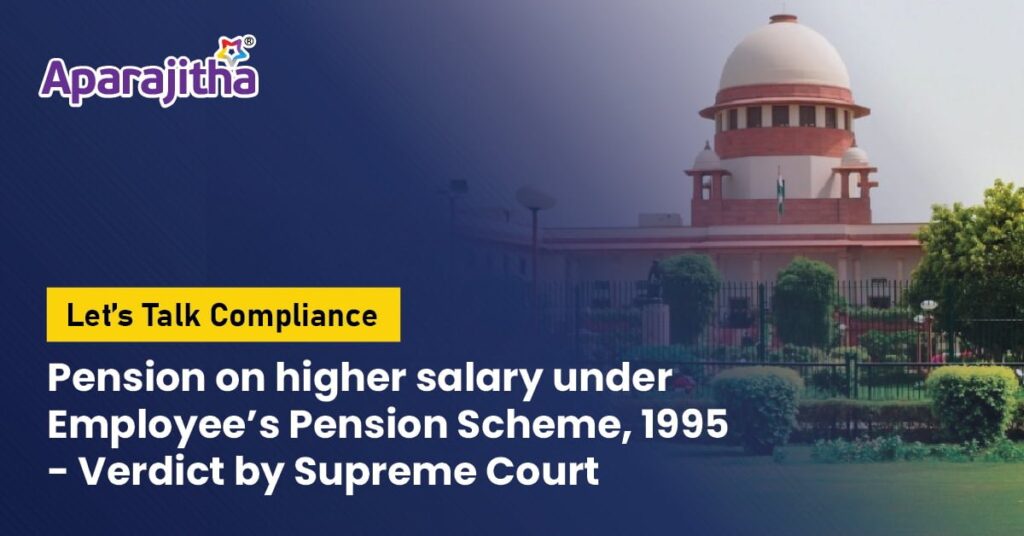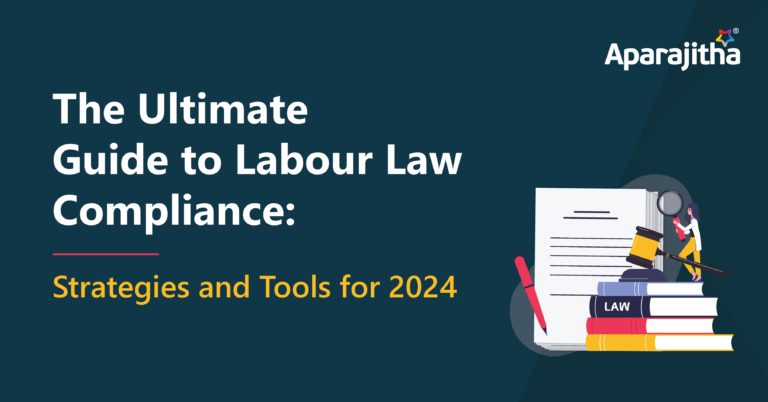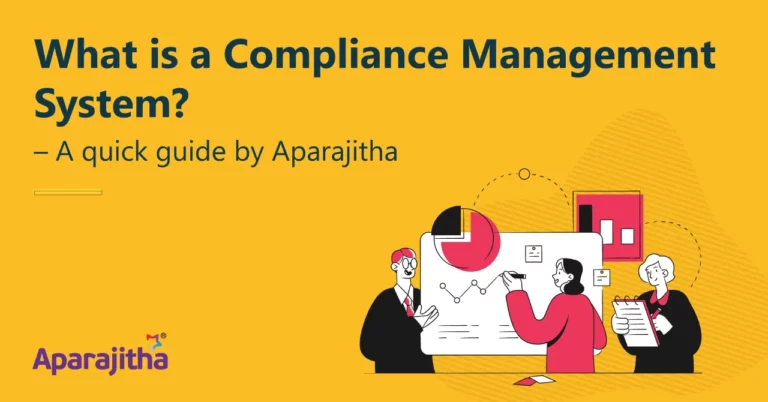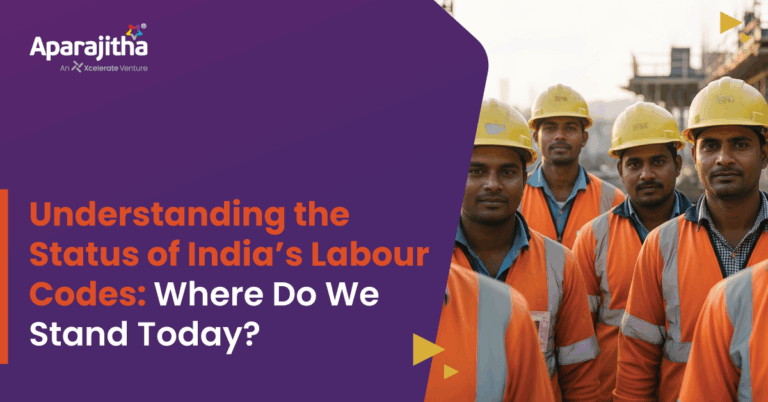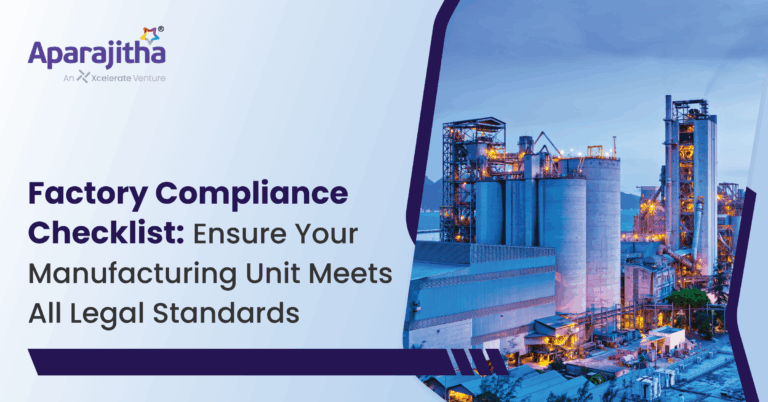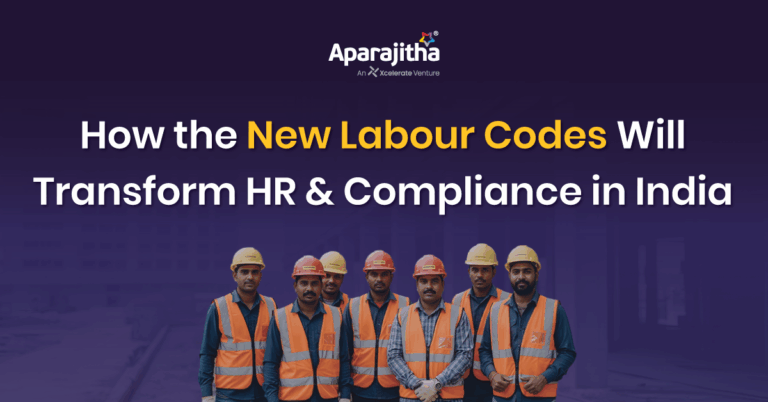EPS Scheme was introduced on 16thNov1995.
EPFO gave options to the following employees to join the same, provided they can opt within 6 months from the date of commencement of Scheme.
a) Employees those who had not opted FPF Fund, 1971
b)Members who had gone out of employment during the period before 1st April 1993
Within few months, there was an amendment dated 16th March 1996 adding a proviso under the Paragraph 11 (3). To that effect, a member can contribute pension on higher salary either from the date of commencement of the said scheme if his salary exceeds Rs. 5000/- per month or from the date on which his salary exceeded Rs. 5000/- per month, whichever is later can be considered as his pensionable salary.
Subsequent to the notification dated 8th October 2001, the salary ceiling was revised from Rs. 5000/-to Rs. 6500/- with effect from 1st June 2001.
Vide notification no. GSR 609(E) dated 22nd August 2014, effective from 1st September 2014, the monthly pension wages ceiling was enhanced to Rs. 15000/- from Rs. 6500/- under Para 3 of the Employees’ Pension Scheme, 1995. Along with this, few other amendments were done in the same notification, these are as:-
- New employee membership eligibility i.e. employee drawing EPS wages uptoRs. 15000/- per month (Para 6)
- Omission of Pension contribution on higher salary (Proviso of Para 11 (3))
- Opting to continue the contribution on higher salary for the employees who were already contributing for pension on higher salary (Para 11 (4))
- Additional contribution of 1.16% by members who opted higher pension (Para 11 (4)
- Mode of calculating the average pensionable salary changed from 12 months to 60 months (Para 11 (1)
- Pension calculation on Pro-rata basis (i.e. up to 31st August 2014, Pensionable Salary would be maximum of Rs. 6500/- and thereafter Rs. 15000/- (Para 12)
- Shifting of eligible years of service for member’s pension from Para 9 to Para 12 (1) and Para 14 of EPS Scheme, 1995.
The most contentious amendment was to submit a fresh mandate jointly by the employee and the employer if they had already opted for a pension on higher salary i.e. above Rs 15,000/-. Such submission was to be made within a fixed time frame of six months from the date of notification. Contention was also in few other amendments like omission of higher pension for new members, pensionable salary calculation methodology and non-eligibility of new members whose wages was more than Rs. 15000/- to join the Pension Scheme.
RC Gupta & others – Supreme Court Judgment dated 04/10/2016:
- There was an appeal (LPA) from RC Gupta and others to the Hon’ble Supreme Court against the Order given by the Division Bench of the High Court of Himachal Pradesh (HP HC).
- Earlier, a Single Judge of HP HC gave a verdict in favour of RC Gupta and others.
- The contention of RC Gupta and others (appellants) was that they were not aware of 1996 amendment (i.e., higher pension scheme). Then, as they were already contributing on their actual salary towards PF, they requested RPFC to consider higher pension option during 2005, since it is only a matter of adjusting the amount from EPF Fund to Pension Fund. But, it was rejected by the RPFC – Himachal Pradesh. Thereafter, they filed Writ Petition to the HP HC (Single Judge) and the Court ordered the RPFO to release the higher pension to the petitioners (herein the case RC Gupta and other petitioners). Subsequent to this, disagreed parties of EPFO and others went to the Division Bench through appeal. The Division Bench gave an Order to set-aside the Order of the learned Single Judge.
- With the available facts, the Hon’ble Supreme Court analyzed the contents of the HP High Court in both the Writ Petitions and the Appeal in the Division Bench.
- Then the Hon’ble Supreme Court gave the judgment as follows:-
- The date mentioned in the 1996 notification (16th March 1996) was not the cut-off date to opt for higher pension under the proviso to Clause 11(3) of the Pension Scheme but the date for the purpose of calculating the pensionable salary on such higher salary.
- As per the above view of the Apex Court, this beneficial scheme has to be extended to all the employees if their contribution on higher salary is available on implementing the options under para 26 (6) of the EPF Scheme 1952 and also not to reject their claims by quoting the cut-off date.
- Hence, the Leave Petition to Appeal was allowed and the Division Bench Order was set-aside.
On the basis of the above judgment of the Hon’ble Supreme Court, the pension of Mr. Praveen Kohliwas raised from 2,372 to Rs. 30,592 per month through various petitions filed by him with concerned officials. However, Kohli had to pay Rs 15.37 lakh as the difference between EPS contribution he had made while in service and the contribution he would have made on his full salary. This was published in the media too in the year 2017.
On analyzing the above SC judgment, it is specific only to the members who were already contributing amount towards PF on their full/higher salary and not restricted with wages ceiling of Rs. 5000 or Rs. 6500/- as the case may be.
As referred in the Single Judge’s Order, this higher pension adjustment would be allowed only for the petitioners alone and not to be taken as a precedent for others.
With an approval of MOL&E, CBT and CPFC, the EPFO had issued some administrative instructions dated 23/03/2017 and 31/05/2017 to allow members of the EPS, 1995, who had already contributed on their higher wages exceeding the statutory wage ceiling of Rs. 5000/Rs.6500 in the Provident Fund, upon receipt of the joint option of the employer and the employee to divert an amount of 8.33% of their salary exceeding Rs. 5000/Rs. 6500 to the pension fund with up-to-date interest as declared under EPF Scheme, 1952 from time to time, to get the benefit of the pension on higher salary. But, EPFO did not extend this facility to the members covered under the Exempted PF Trust.
Most of the exempted establishments (130+ estbs.) approached respective High Courts for seeking the higher pension option for them too, as they are not distinguished under the 1995 Scheme. As per the Web Circular dated 29/11/2017, the EPFO has approached the Hon’ble Supreme Court to deal with various cases of the exempted establishments in the High Courts through Transfer Petitions.
In the meanwhile 12th October 2018, the Kerala High Court had quashed the Notification No. GSR 609(E) dated 22nd August 2014 and also had set aside the various orders and proceedings related to that notification
Due to striking down of this notification, the employees who were member before 1st September 2014 can opt contribution for pension on higher salary. After Kerala High Court Judgment, EPFO went for an appeal with Supreme Court which dismissed the SLP Appeal on 01st April 2019, stating that there was no merit on it and affirmed the Kerala High Court Judgment. Later on, EPFO filed review petition on the dismissal of SLP appeal. Then the SC recalled the dismissal and re-opened the matter on merit afresh. On August 2021, this review petition was again moved to 3-Judge Bench from 2-Judge Bench.
After a long journey, now on 4th November 2022, SC with this significant verdict gave full clarity on the course of action and also affirmed its Oct 2016 verdict on RC Gupta Vs. RPFC. Salient features of the current verdict are:-
- EPS Amendment issued on 01-09-2014 is legally valid and fine-tuned certain provisions in that. Apex Court is very clear on this stand that the amendment was done within the boundary of policy domain and court can’t interfere in it on the subject of judicial review.
- Byexercising the discretionary power of SC under the Article 142 of our Constitutional law, an additional window period of 4 months has been given to the members who were in the scheme before Sep 2014 and their salaries exceededRs. 15000/- to join higher pension scheme to exercise their option… (The reason to give this 4 month extension was that there was a chaos during the 2014 amendment enforcement period)
- Additional contribution of 1.16% on salary exceeding Rs. 15000 to be made by the employee is an ultra vires as per the provisions of EPF Act (Sec. 7A) and EPF Scheme (Para 32) and also Hon’ble Judges stated that the court can’t speculate the Governmental action and gave 6 months window time to find out other possible legal ways to generate fund to manage the Higher pension liability. Hence, this additional contribution by members has also been invalidated through this verdict.
- Now, all other counts apart from the above two, have been approved by the Apex Court. These are as:-
- 15000/- as wages ceiling for EPS contribution.
- New employee membership eligibility ie. Eligible only if wages is Rs. 15000 or less.
- Calculation of pensionable salary from 12 month Avg. to 60 months wages avg.
- Para 12(1) and 14 are referred for eligible years of service instead of Para 9
- Also, the higher pension relaxation is not available for the members who had retired before 1st Sept 2014.
EPFO’s worry:
There could be chances for the EPFO to find it difficult to extend this option of higher pension if the members/employees who were in subsequent employments with various employers and there could be other possible scenarios also, if any during this period. Moreover, the corpus of EPS may get reduced over a period of 5 years or more.
Implication to Employer & Action Point
Now, there is no financial impact to employerif the option for higher pension on actual salary is exercised by the existing employees. It is just a matter of adjusting/diverting the accumulation from PF account to Pension account which will be done only by EPFO upon receipt of joint declaration (both employee and employer).
Also, members who contributed PF on higher salary while in service and drawing pension from 01-09-2014, in order to get pension on higher salary as discussed above, would have to pay a certain difference amount to the EPFO if they wish to exercise this option now.
Now, it is equally applicable to the employees who are covered in Exempted PF trust too as there is no distinction between exempted and un-exempted establishments.
Employer should follow the existing PF process till the EPFO would come with fresh notification within 8 weeks upon addressing the issues observed out in this Apex Court Judgment.
Mathusoodhanan T
Business Head – Compliance Knowledge Hub
Aparajitha

